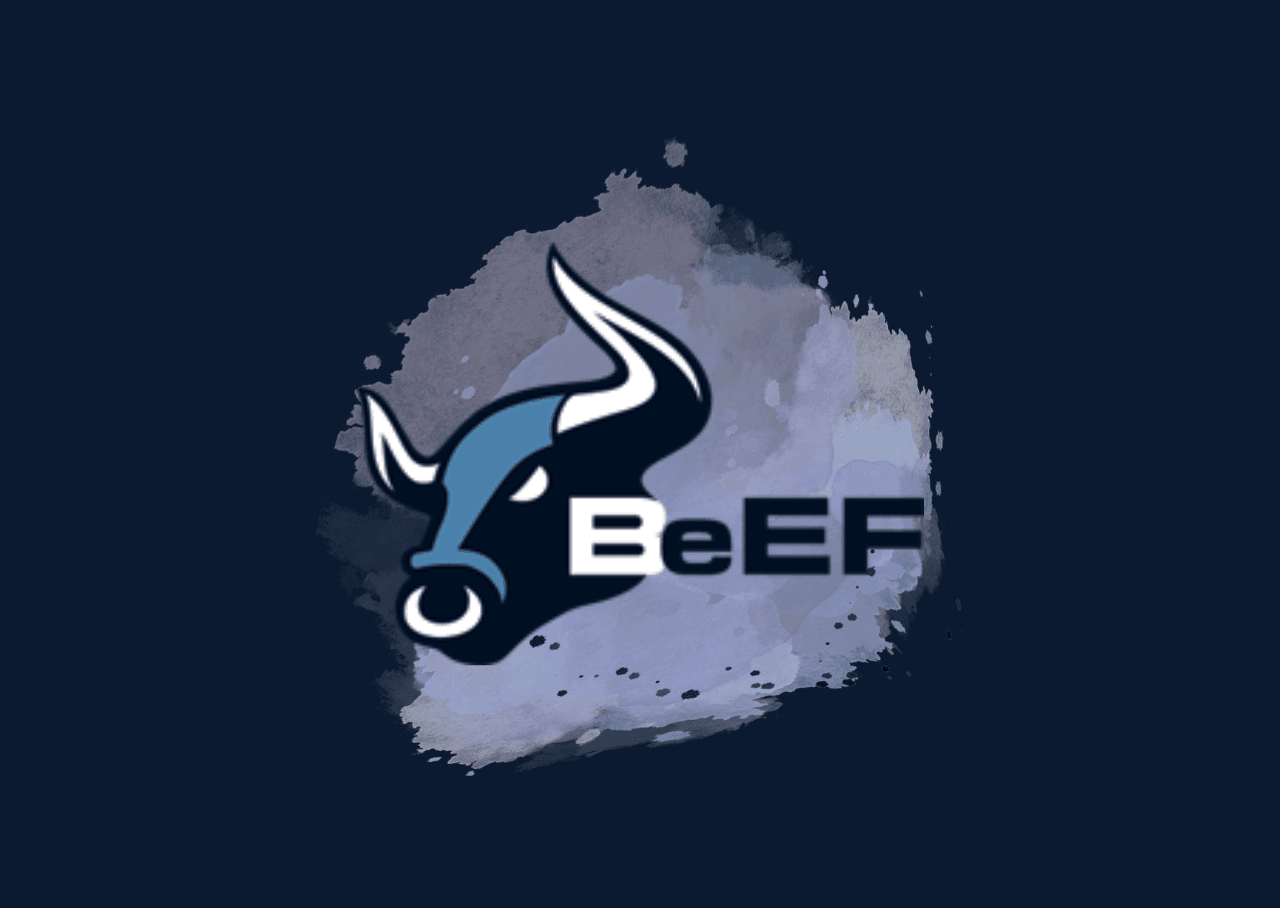BeEF Hooking to Capture Browser Information

BeEF Hooking to Capture Browser Information
Situation:
This project focused on using the Browser Exploitation Framework (BeEF) to capture browser information by exploiting user interactions. The task was prompted by a social engineering campaign where Nuri Numismatist, a stamp and coin enthusiast, was baited into visiting a site at kali.pr0b3.com. The goal was to hook Nuri’s browser using BeEF and extract useful information.
Obstacles:
- Unknown URL:
- Identifying the exact web page Nuri was attempting to access required network traffic monitoring.
- BeEF Configuration:
- Setting up the framework and ensuring the hook script integrated properly with the created web page.
- Web Server Setup:
- Configuring Apache2 to host the crafted web page with minimal prior knowledge.
Actions Taken:
- Network Monitoring:
- Enabled Apache2 and used Wireshark with name resolution options turned on.
- Captured and analyzed GET requests, identifying the target URL:
kali.pr0b3.com/coins/collection.html.
- Web Server Setup:
- Created a
coinsdirectory in/var/www/html. - Developed a simple
collection.htmlpage, embedding an external link to the BeEF hook script. - Confirmed the web page functionality by accessing it locally and ensuring the hook executed.
- Created a
- BeEF Hooking:
- Started BeEF and logged into its UI.
- Verified that the hook URL was linked to
172.24.0.10, the same host as Nuri’s target. - Monitored the BeEF interface to confirm that Nuri’s browser was successfully hooked, visible under the Zombies tab.
- Data Extraction:
- Collected browser information from Nuri’s session.
- Captured a potential administrative session token mentioned during initial briefings.
Results:
- Successful Browser Hooking:
- The BeEF UI displayed Nuri’s hooked browser, confirming the campaign’s success.
- Data Captured:
- Browser metadata and an administrative session token were extracted.
- Vulnerability Identified:
- User susceptibility to phishing and insecure web interactions were confirmed.
Tool Purpose Overview:
Apache2:
- Hosted the crafted webpage (
collection.html) that executed the BeEF hook script.
Wireshark:
- Monitored network traffic to identify Nuri’s web requests.
BeEF:
- Captured browser information and maintained the hook for potential exploitation.
Recommendations:
- User Awareness Training:
- Educate employees on recognizing phishing attempts, especially in niche interest groups.
- Secure Web Practices:
- Encourage users to avoid interacting with unverified external links and domains.
- Incident Response:
- Investigate and mitigate any potential threats posed by the extracted session token.
- System Hardening:
- Employ stricter security protocols for internal users to prevent successful browser hooking attacks.
View PDF Document
